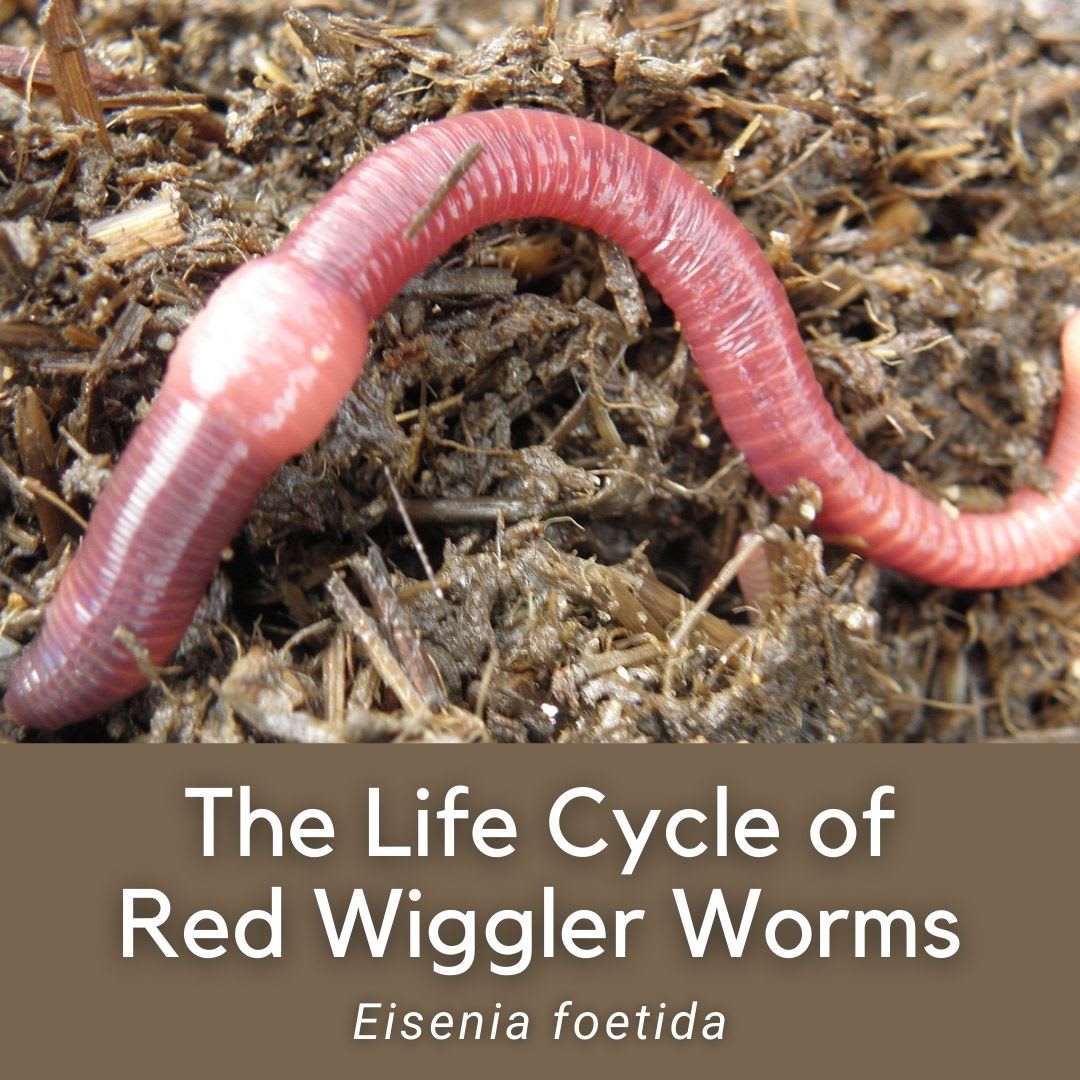Experience the Perks of Using Red Wiggler Express for Superior Lawn Care
Experience the Perks of Using Red Wiggler Express for Superior Lawn Care
Blog Article
The Incredible Globe of Red Wigglers: Boost Your Dirt Fertility Today
These little yet effective microorganisms transform natural waste right into valuable worm castings, dramatically boosting soil wellness and promoting sustainable methods. As we discover the advantages of vermicomposting and the practical actions to produce an efficient worm container, the potential impact of these worms on your gardening success comes to be significantly noticeable.
Recognizing Red Wigglers
Red wigglers, scientifically referred to as Eisenia fetida, are a species of earthworm that play a vital role in improving soil fertility. These worms flourish in organic-rich settings, such as compost heap and decomposing plant product, where they consume natural waste and excrete nutrient-dense castings. Their one-of-a-kind composition, including a segmented body and a clitellum, allows them to recreate quickly and effectively process big quantities of raw material.

The environmental importance of red wigglers expands past simple waste handling; they add to the dirt food web, promoting a diverse area of microorganisms that better improve dirt wellness. Comprehending the biology and behavior of red wigglers is vital for utilizing their complete possibility in lasting agriculture and gardening techniques.
Advantages of Vermicomposting
(Red Wiggler Express)Using the power of red wigglers with vermicomposting deals many advantages that significantly improve dirt health and wellness and fertility. Among the key benefits is the manufacturing of nutrient-rich worm spreadings, which are an exceptional all-natural plant food. Red Wiggler Express. These castings have essential nutrients like nitrogen, phosphorus, and potassium, promoting robust plant development and boosting crop returns
Furthermore, vermicomposting improves soil structure and aeration. The existence of worm castings enhances dirt texture, enabling far better water retention and water drainage. This well balanced dampness level is vital for origin advancement and the overall wellness of plants. Red wigglers help damage down natural matter, speeding up decomposition and reusing nutrients back into the soil.
Vermicomposting also promotes microbial task, which is essential for a healthy soil environment. Beneficial microbes prosper in the existence of worm spreadings, assisting in the failure of organic products and enhancing nutrition accessibility to plants.
Lastly, vermicomposting works as an effective waste monitoring remedy, reducing garbage dump waste by reusing kitchen scraps and Lake Hickory Bait other organic materials. This not only contributes to ecological sustainability however also promotes a circular economic situation within gardening and farming.
How to Establish a Worm Container
Establishing up a worm container is a simple procedure that can considerably enhance your composting efforts. Begin by choosing a suitable container, which can range from a readily available worm bin to a straightforward plastic or wooden box (Red Wiggler Express). Ensure the container has sufficient ventilation; tiny openings in the cover and sides will certainly promote air blood circulation
Next, create a bed linens layer to give a comfortable setting for the red wigglers. This can be made from shredded newspaper, cardboard, or coconut coir, dampened to a damp, sponge-like uniformity. Fill the container to around one-third full with this bedding product.
When the bedding is prepared, it's time to present the worms. Red wigglers flourish in natural waste, so place them delicately onto the bed linen. Cover the worms with a light layer of extra bed linen to aid them accommodate.
Feeding Your Red Wigglers
Supplying the appropriate food for your red wigglers is essential for their health and the effectiveness of your composting system. Red wigglers thrive on a varied diet plan, largely being composed of natural materials such as fruit and veggie scraps, coffee premises, and shredded paper. These materials not only provide necessary nutrients however additionally add to the microbial activity in the worm container, which is essential for the worms' food digestion.
It is essential to prevent specific foods, such as milk products, oils, and meats, as these can attract bugs and create unpleasant smells. In addition, citrus peels and excessively hot foods should be restricted due to their prospective to harm the worms. A well balanced method to feeding includes checking the quantity of food presented to the container, making certain that it is consumed within a practical time structure to avoid excess waste buildup.
To promote optimum food digestion, it is useful to cut or shred larger food things prior to adding them to the container. This method enhances the area for microbial activity, assisting in quicker decomposition and boosting the total effectiveness of your composting system. Regularly observing the worms' feeding routines will certainly help you readjust their diet plan as needed.
Making Use Of Worm Spreadings in Your Garden

(Lake Rhodhiss Bait)Including worm castings right into your garden can be completed by blending them right into the dirt or using them as a leading clothing. The slow-release nature of these castings ensures that nutrients are available to plants over an extended period, reducing the demand for artificial plant foods. Furthermore, worm castings include useful microbes that promote healthy soil ecological communities, enhancing the overall strength of your yard.
To make best use of the benefits, goal to apply roughly one component worm castings to three parts soil in your planting beds. Normal applications can cause enhanced plant returns and much healthier plants, making worm castings a very useful resource for both amateur and knowledgeable gardeners alike. By utilizing this all-natural amendment, you can cultivate a successful garden while contributing to lasting horticulture practices.
Conclusion
In final thought, red wigglers exemplify the essential duty of vermicomposting in improving soil fertility. Their capacity to transform natural waste right into nutrient-rich castings substantially enriches dirt structure and sustains microbial diversity.
Report this page